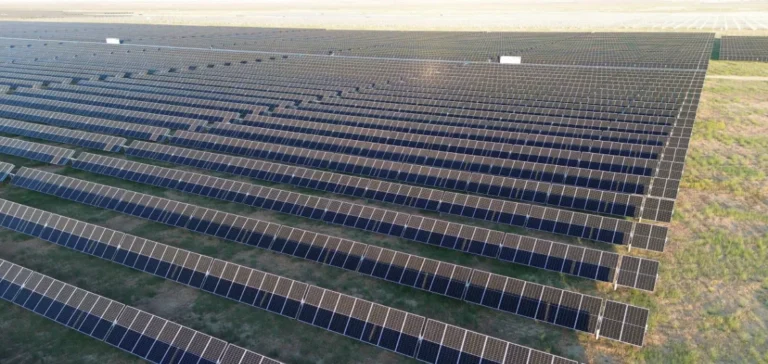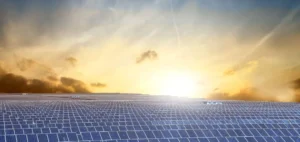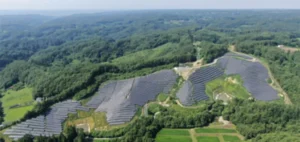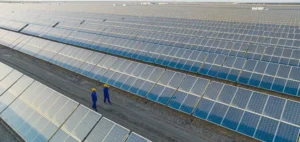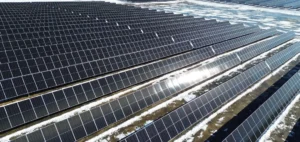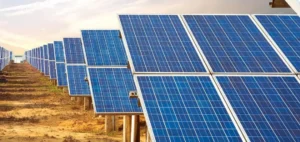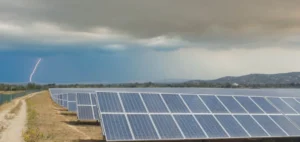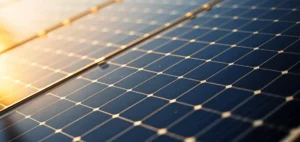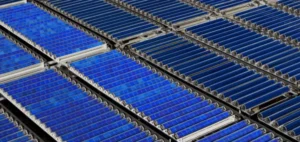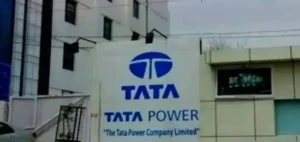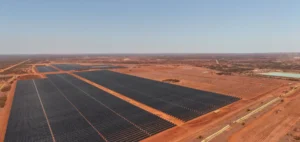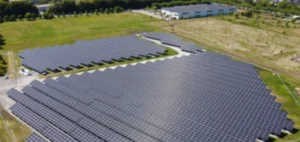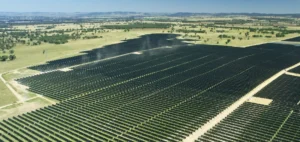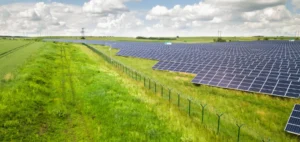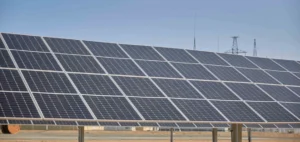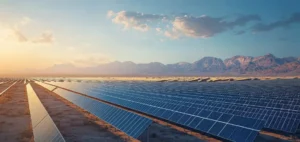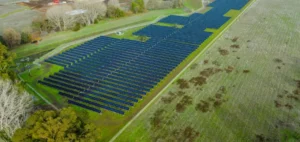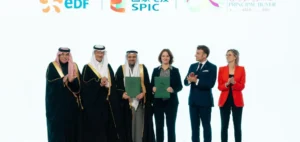The electricity sector regulatory authority has granted Sattel International a licence to operate a six MWp photovoltaic solar power plant with a storage system in the Luozi territory. The infrastructure is expected to supply electricity to several thousand households while supporting professional uses. The company stated that the deployment also aims to stabilise supply in an area with rising demand. Compliance with the initial timeline remains uncertain due to a lack of details on the progress of construction.
Sattel International is executing the project through its subsidiary Sattel Energy, which has been active in hybrid solar solutions and electrification for more than twenty-five years. The group’s model is based on energy leasing, direct sales, and maintenance services. It also uses an Energy Management System (EMS) to monitor and optimise usage in real time. This setup enables efficient operation in environments with limited grid access.
Operational development of solar capacity
The company claims to have completed around thirty projects totalling 7.5 MWp installed across different regions of the country. These include the electrification of banks, residences, and industrial sites. Several rural areas also benefit from lighting solutions supported by these systems. The portfolio reflects a deployment strategy targeting varied commercial segments.
The installations serve both professional and residential users, each requiring specific technical configurations. The systems are designed to meet local constraints, especially limited grid availability. Sattel International supports its expansion with operational experience gained in multiple provinces. The company states that its projects form the basis for future deployments.
Planned expansion into new markets
The company plans to extend its operations to three additional African countries over the coming years. This expansion is part of a strategy to strengthen its regional presence in solar energy. Projects carried out in the Democratic Republic of Congo serve as a framework for structuring this growth. The announced developments aim to address rising demand for decentralised energy solutions.


